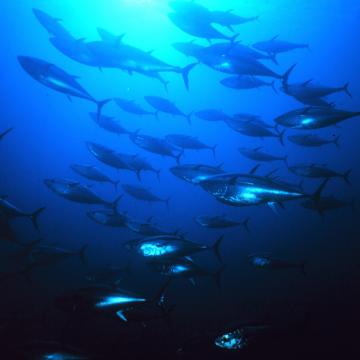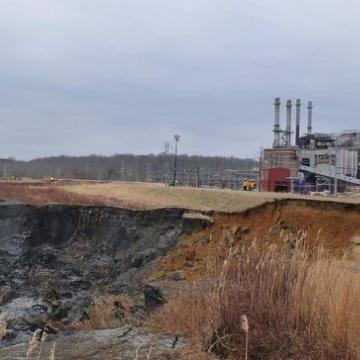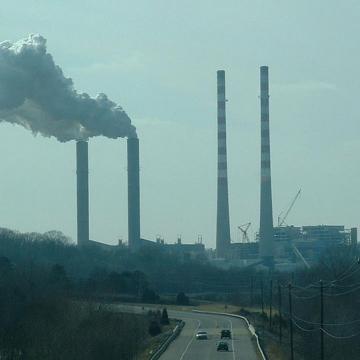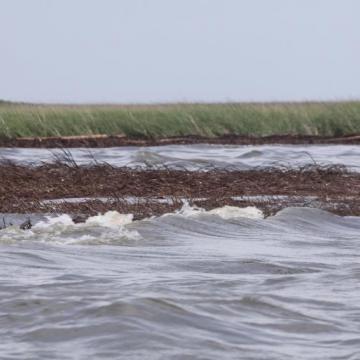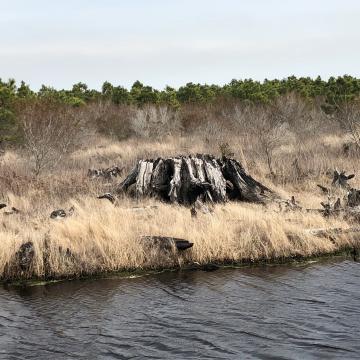-
NewsThe ratio of carbon isotopes in three common species of tuna has changed substantially since 2000, suggesting major shifts are taking place in phytoplankton populations that form the base of the ocean’s food web, a new international study finds.
-
NewsA new study which combines measurements from nearly 1,400 drinking water wells across North Carolina estimates that more than half of the wells in the state’s central region contain levels of cancer-causing hexavalent chromium in excess of state safety standards.
-
NewsWith the Environmental Protection Agency (EPA) poised to loosen coal ash rules for dry onsite storage and large fill projects, a new study from Duke University finds that leaving those contaminants exposed may significantly heighten the risk of toxic contamination to nearby soil and waterways.
-
NewsReducing fossil fuel emissions steadily over coming years will prevent millions of premature deaths and help avoid the worst of climate change without causing the large spike in short-term warming that some studies have predicted, new analysis by researchers at Duke University and the University of Leeds finds.
-
NewsIn his newest book, Sea Level Rise: A Slow Tsunami on America’s Shores, Orrin Pilkey paints an eye-opening picture of the impacts sea level rise will have on the United States by the end of the 21st century.
-
NewsA new study finds that shoreline erosion rates can double following the death of plants on wetland edges, such as these marshes in Louisiana’s Barataria Bay that were heavily oiled by 2010’s Deepwater Horizon oil spill.
-
NewsA new international study finds that the Atlantic meridional overturning circulation (MOC), a deep-ocean process that plays a key role in regulating Earth’s climate, is primarily driven by cooling waters west of Europe.
-
NewsDuke University has acquired rights to create a 10,000-acre “carbon farm.” When fully operational, the farm could potentially store enough carbon to help Duke meet its goal of achieving carbon neutrality by 2024.
